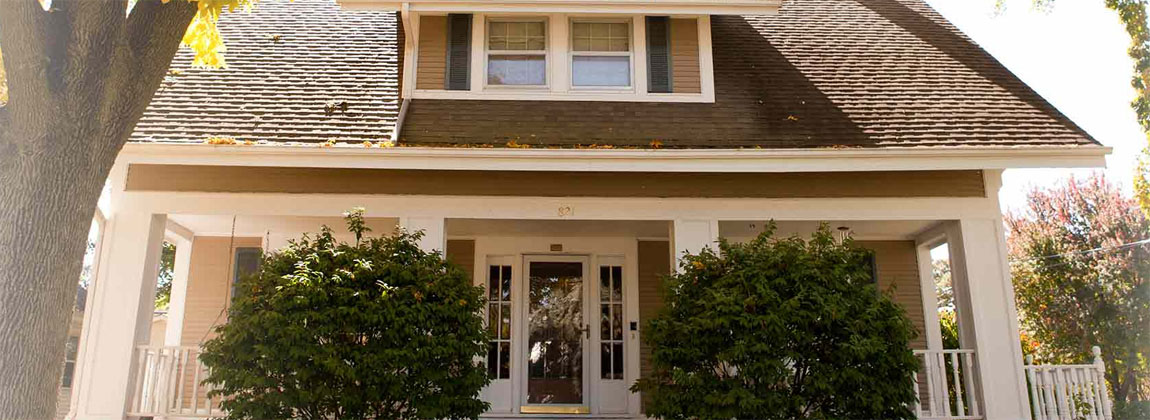DSM Fellows Capstone Panel: Redlining and Zoning

During a recent DSM Fellows Capstone event, guest panelists discussed redlining and zoning, including current impacts and overcoming challenges. Panelists included:
-
Teree Caldwell-Johnson, President and CEO of Oakridge Neighborhood
- Efrem Jackson, Founder and Owner of Free to Serve Financial Ministries
- Kendyl Larson, Director of Research and Planning for Polk County Housing Trust Fund
Current Impacts
Caldwell-Johnson discussed how redlining has manifested itself in 2022, including how 69.3% of Black families and individuals rent their homes, a lot of which can be attributed to the effects of redlining and banking practices, including loan types, aligned to redlining. In the 2020 One Economy report, Black people were denied loans 2.2 times higher. This is an indication of the effects of redlining on individuals of color. The median home value is $165,000 in all census tracks; however, the median home value in minority census tracks is $95,000. Jackson touched on the fact that decisions made many years ago can still resonate and impact us today, including through health, wealth and education. Middle-class individuals receive most of their wealth through their homes, and when certain practices rob people of the ability to create this wealth, it leads to huge disparities. Larson said that formerly redlined areas continue to see decreased value and there is a lack of investment in those neighborhoods that continues to present day. These areas are also the highest concentration of African Americans and the highest concentrations of property because of low property value and higher rental rates, issues which compound upon each other.
Overcoming Challenges
The panelists went on to discuss how zoning laws are affecting these areas and how those laws can be changed. In most communities, comprehensive plans are updated every five to 10 years. Comprehensive planning takes a long time, but reviewing zoning codes and ordinances has the potential to change things. To discontinue unfair zoning practices, individuals can educate themselves in order to be able to converse about these topics and about the local government. Jackson said at a community level, use local venues and organizations to educate. Larson said offering presentations on redlining is key. Caldwell-Johnson said elections and representation matter, and accountability is important. There is so much data that backs up the impact of redlining. Lean in and be a voice for the underrepresented.
Watch the entire webinar below:
Looking for opportunities as a young professional in Greater Des Moines (DSM)? The DSM Fellowship program is the preeminent professional development initiative attracting, developing and retaining a diverse community of top-tier graduates to the region. You can also connect with other young professionals and emerging leaders through Young Professionals Connection (YPC) events and committees.
Greater Des Moines Partnership
The Greater Des Moines Partnership is the largest regional business, economic development and talent development organization in Iowa and the second-largest regional chamber of commerce in the country, serving multiple counties in Greater Des Moines. Together with more than 400 Investors and an Affiliate Chamber of Commerce network of more than 7,200 Regional Chamber Members, The Partnership helps businesses grow and advances quality of life in Greater Des Moines with one voice, one mission and as one region, contributing to a vibrant regional economy.